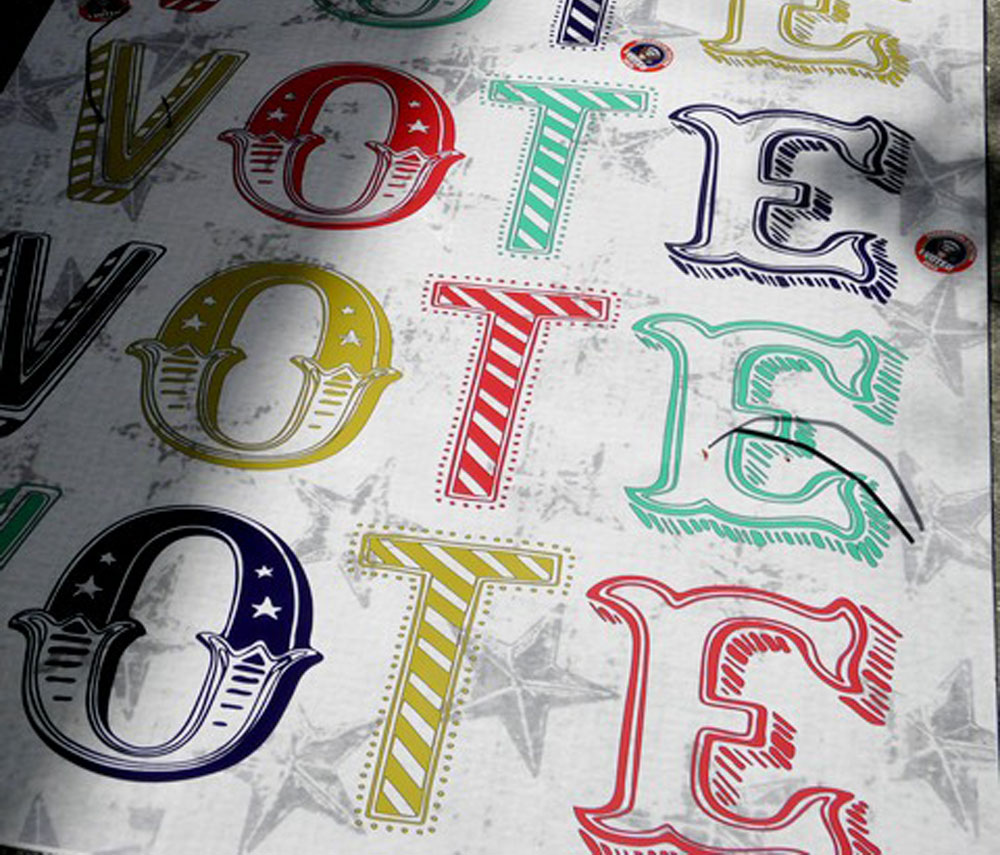
August 11, 2020; New York Times and the Star Tribune (Minneapolis, MN)
This year’s primary elections are not just about picking candidates for the fall. Perhaps more importantly, they offer a preview of what it takes to hold an election during a pandemic. With each primary, we better understand what will need to change so all voters who wish to vote can vote and all ballots will be counted. It’s not clear yet whether we’ll learn what to do and make changes in time so November 3rd comes and goes without great controversy, and that’s disturbing.
On Tuesday, Minnesota did give us reason to hope we as a nation can adapt to this moment. Advocates managed to get the obstacles in the way of voting by mail eased, something other states had blocked out of fear that Election Day was too near to make changes. According to the Star Tribune, these new rules waive witness requirements for absentee ballots and allow ballots to be received up to two days after the election so long as they were postmarked by Election Day. The state also offers accommodations to make in-person voting safer for voters and poll workers, including letting those who refuse to wear a face covering get their votes collected at curbside.
Tuesday offered a chance to see if these changes would disrupt a fair election. The preference of voters, given options, was clear: “By midday Monday, 637,463 absentee ballots had been requested, up from some 73,442 at the same time in 2018 and 34,660 in 2016. Of those, 423,032 have been returned and accepted.”
In advance of the election, it was unclear if election officials would be able to count votes in a timely fashion. The fear was that close races would go uncalled because results would have to await the receipt of all valid mail-in ballots. Minnesota Secretary of State Steve Simon warned, “On Election Night, we might not in every contest have the instant gratification we’re used to. There might be certain contests, certain elections that we have to wait 48 hours, until Thursday night, to know the final results.”
By Wednesday morning, that did not seem to be a problem, with no reports of controversies or immediate threats to take to the courts.
If Minnesota’s experience was reassuring, last Saturday’s primary in Puerto Rico was not. Despite the island’s serious financial woes, according to the New York Times, “Puerto Rico’s electoral system had been considered exemplary.”
Sign up for our free newsletters
Subscribe to NPQ's newsletters to have our top stories delivered directly to your inbox.
By signing up, you agree to our privacy policy and terms of use, and to receive messages from NPQ and our partners.
The electoral system had been perhaps the last remaining institution in which Puerto Ricans, battered by years of bankruptcy, corruption, government incompetence and natural disasters, still had any confidence.
By Sunday morning, however, it was apparent the additional pressure of COVID-19 on electoral officials caused the electoral process to crumble. Voters went to the polls to determine who would be running to be its next governor, but many found they could not vote. The territory’s election officials could not deliver ballots to all voting places before voting was scheduled to begin.
Some voters waited for hours in the sweltering August heat, risking exposure to the coronavirus, which has surged in Puerto Rico. Trucks that were intended to bring ballots to far-flung corners of the island remained idle on Election Day in San Juan, the capital. By 2 p.m., the electoral commission suspended the vote in polling places where no ballots had arrived, and rescheduled the remainder of the vote for the following Sunday.
This election was anything but normal. Mayor Carmen Yulín Cruz of San Juan captured the feeling when she told the Times, “This is a travesty. No matter who wins, no matter who loses, there’s always going to be a cloud over this election.”
Candidates and political parties disagreed about how the election should proceed and what to do with those ballots already cast. Lawsuits quickly ensued. Echoing the warnings many have voiced about what could happen if we do not get November 3rd right, Edgardo Román, president of the Puerto Rico Bar Association, told the Times, “Nobody foresaw this situation. We face great uncertainty, because now we depend on what happens in the courts.”
As cities and states struggle with the financial burden of the pandemic, paying for an election adapted to COVID-19 may be difficult or impossible. Puerto Rico’s experience is an indicator of what might happen if mail-in balloting cannot be expanded, if modified polling stations cannot be created in enough locations to make voting convenient, and if enough election officials cannot be recruited who know how to manage the process of holding an election. We know what needs to be done; we know that it can be done—if we allocate resources with enough time to put it into practice.—Martin Levine












